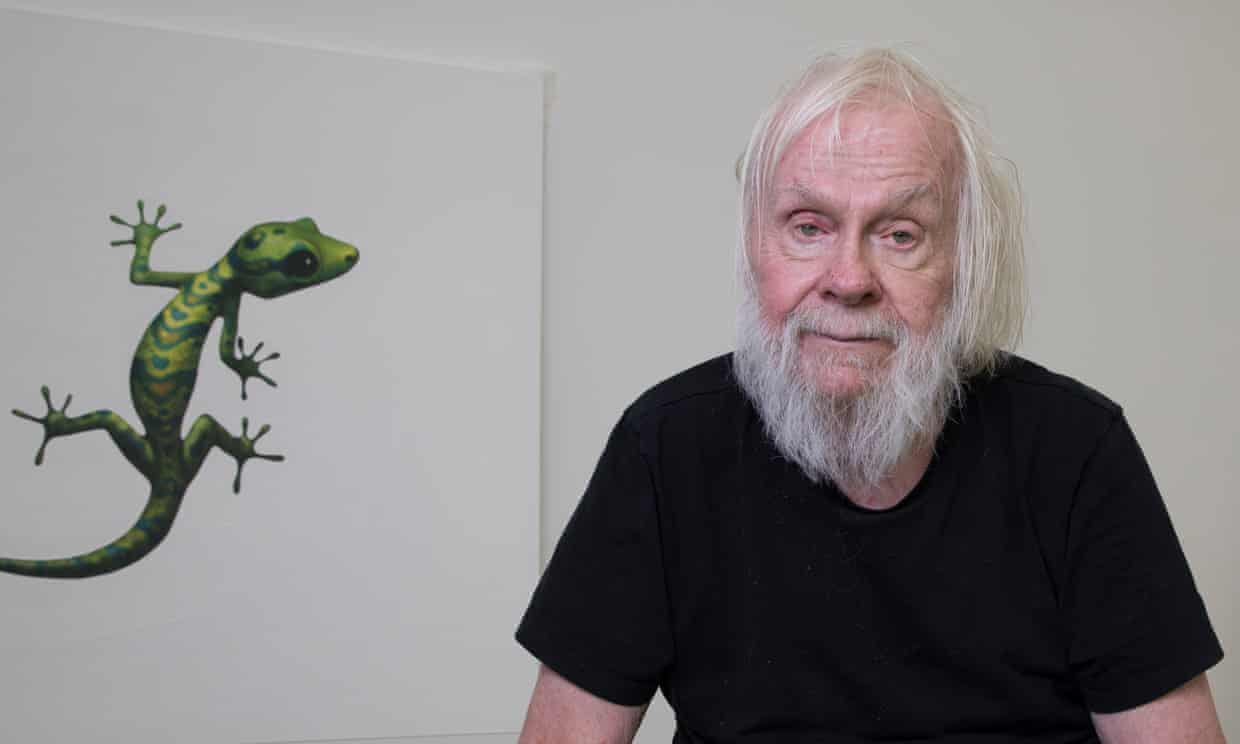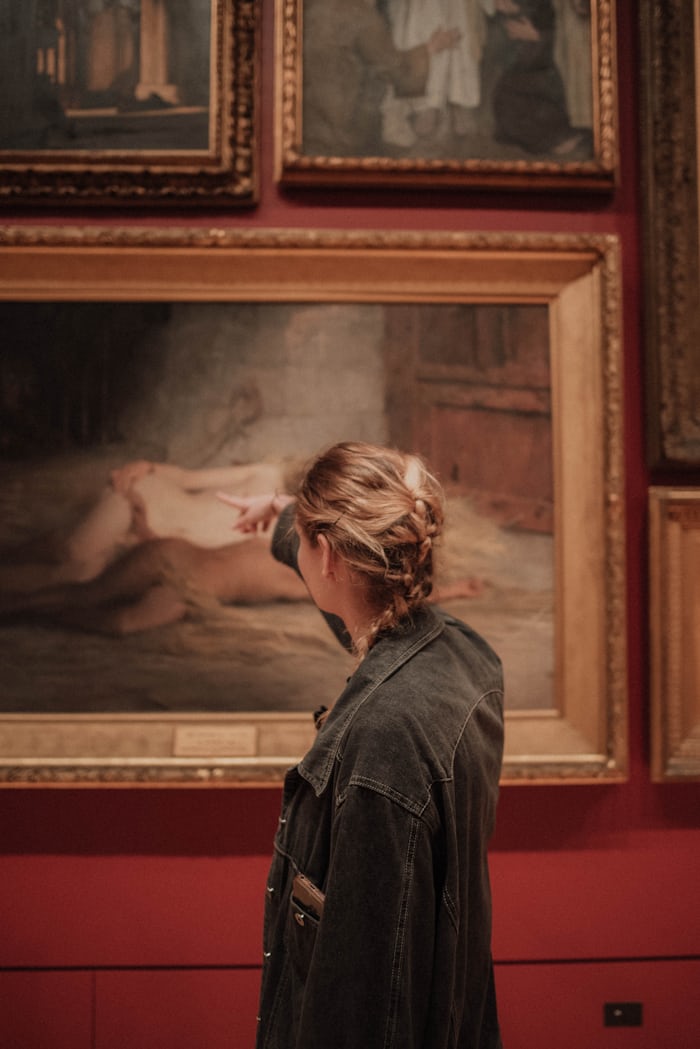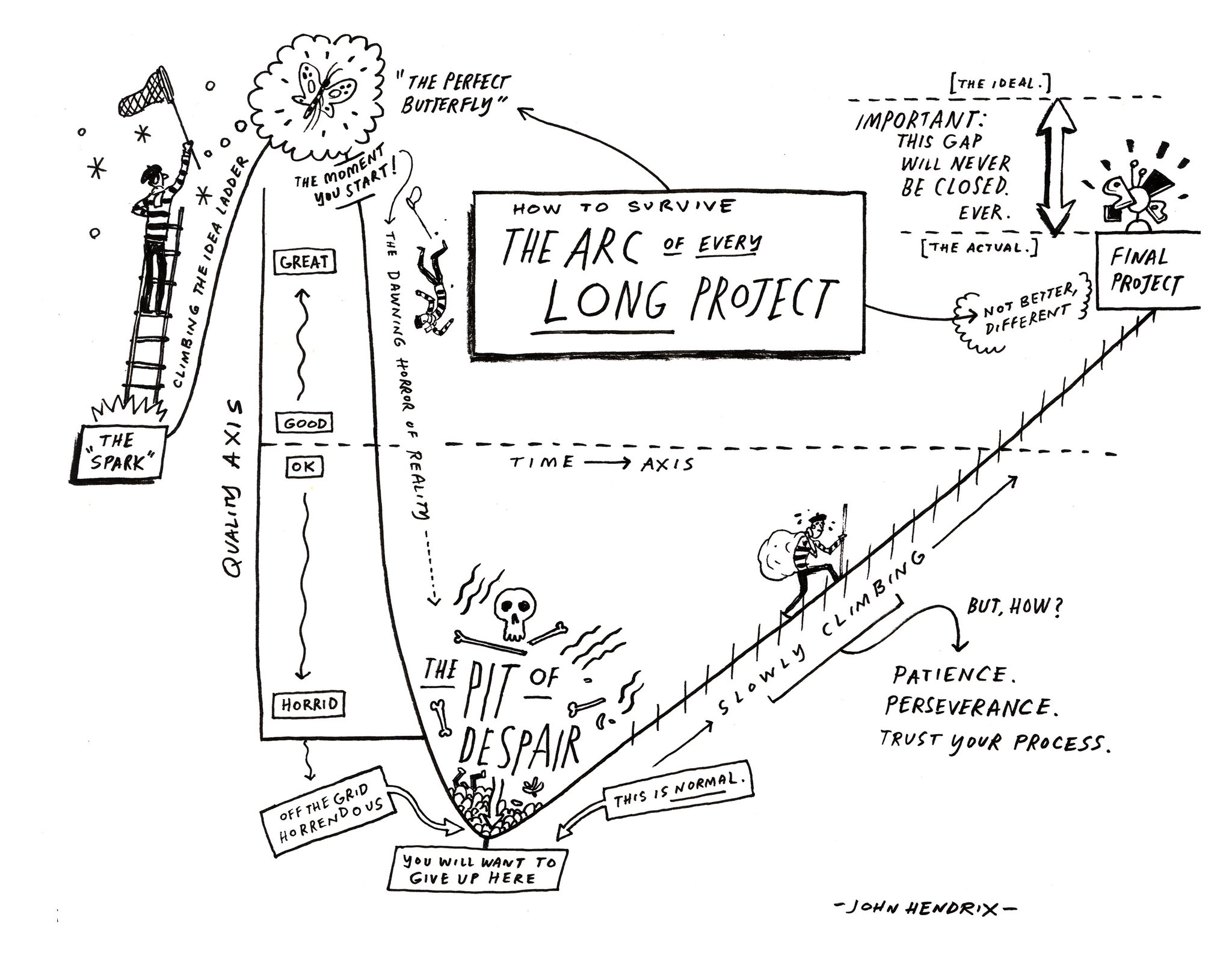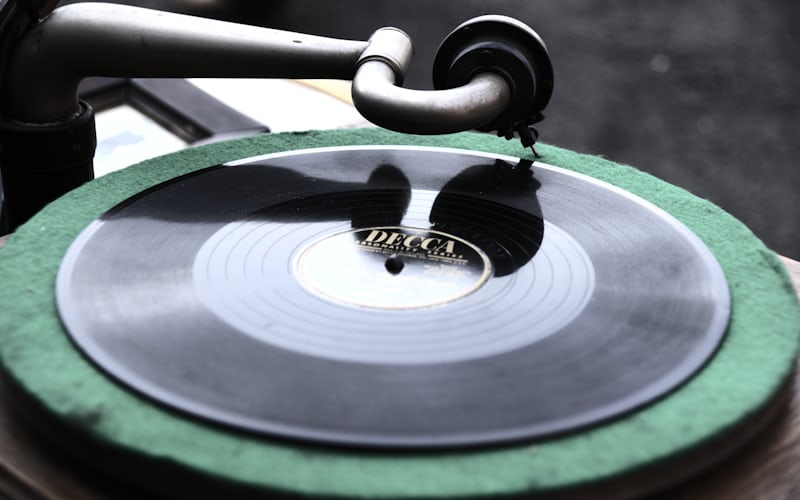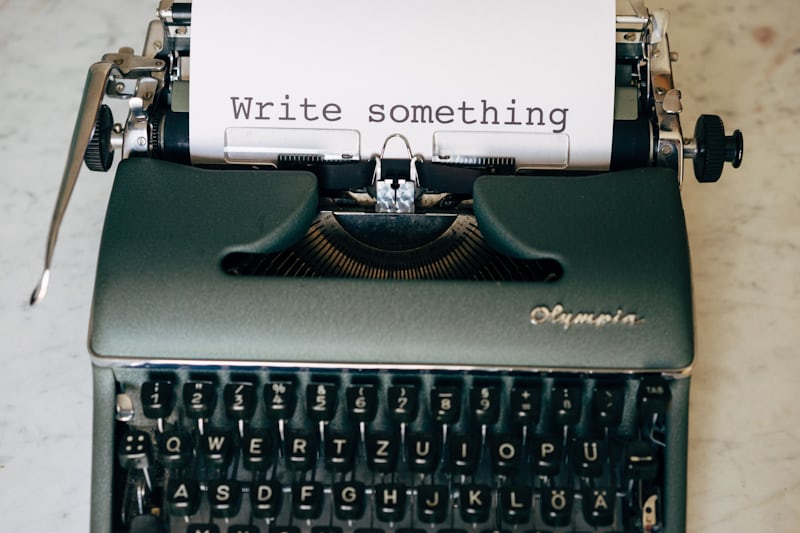
There are two ways to be free:
- to be in a higher state of being
- to be in a different state of being
The first way of being free requires a continual effort to remain that way. If you do not expend this effort, you will slip back down and no longer be free.
When political people say “eternal vigilance is the price of liberty”, they are talking about this type of freedom. It’s also true for people that get into shape, or quit a bad habit, or make improvements in other aspects of their life. Indeed, any type of freedom that has to battle decay and entropy is a type of freedom that needs continual effort.
The second way of being free does not require continual effort. When you graduate from school, quit a job, end a relationship, or move away from someplace, you become free of those things. You have transitioned to a different state of being.
You might argue that some people have to work hard to not go back to that old job, that old relationship, or that old home town. I’d counter that even if one does, they are a different person than when they left and what they return to has changed too Additionally I think most people do not go back. People move on. They move away.
It is easy to get discouraged if you think all forms of freedom require continual effort. Many do, but many do not. Sometimes you just need to push to get to the other side to be free, and once you do, you are free once and for all.
P.S. For more on this, see: It takes a daily effort to be free by Austin Kleon. His piece got me thinking along these lines.
P.S.S. If you think of life as being cyclical, you are likely to see freedom as being something you constantly have to work with. If you see life as linear, you are likely to see it as something you can achieve once and be done.









